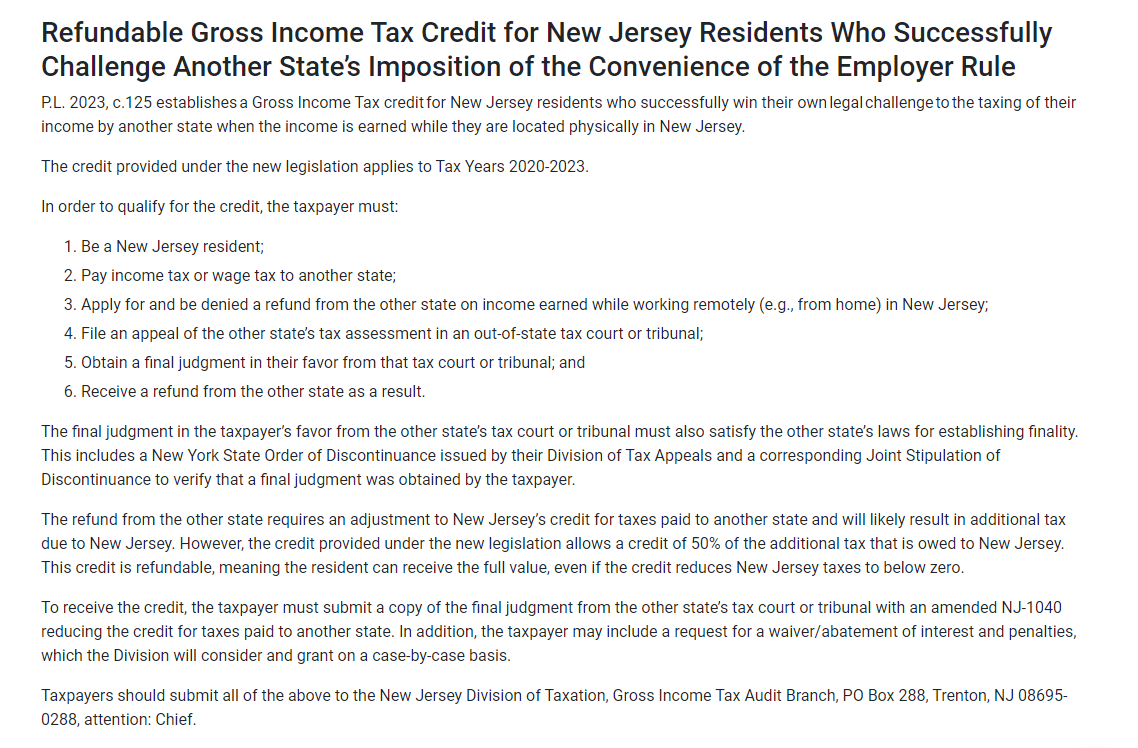特朗普再下狠手 将曙光及海光等公司加入禁运清单
来源:倍可亲(backchina.com)据美媒体纽约(专题)时报报道,特朗普政府今日正式将五个中国实体列入美国黑名单,也就是所谓的“实体清单”,进一步限制了中国企业获得美国技术的能力。
据报道,这几个机构和企业包括了曙光、Higon,成都海光集成电路,成都海光微电子技术和无锡江南计算技术研究所,
美国商务部声称,这四家中国公司和一家中国机构加入“实体名单”对美国国家安全或外交政策利益构成风险。那就意味着这些企业除非能获得美国豁免,否则无法获得美国技术和芯片组件。
在之前,华为(专题)也被美国加入了这个清单。
以下为纽约时报报道原文:
The Trump administration added five Chinese entities to a United States blacklist on Friday, further restricting China’s access to American technology and stoking already high tensions。
The Commerce Department announced that it would add four Chinese companies and one Chinese institute to an “entity list,” saying they posed risks to American national security or foreign policy interests. The move essentially bars the entities, which include one of China’s leading supercomputer makers, Sugon, and a number of its subsidiaries set up to design microchips, from buying American technology and components without a waiver from the United States government.
The move could all but cripple these Chinese businesses, which rely on American chips and other technology to manufacture advanced electronics. Those added to the entity list also include Higon, Chengdu Haiguang Integrated Circuit, Chengdu Haiguang Microelectronics Technology, and Wuxi Jiangnan Institute of Computing Technology, which lead China’s development of high performance computing, some of which is used in military applications like simulating nuclear explosions, the Commerce Department said.
It follows similar efforts to ban other Chinese tech companies from accessing American technology, including telecom equipment giant Huawei, which was added to the blacklist in May. The administration is also considering adding Hikvision, a surveillance-technology company, to the list, The New York Times has reported.
The addition of Chinese companies to the entity list could complicate the countries’ efforts to reach a trade deal. The move comes just as American and Chinese officials have restarted trade talks after they collapsed in May and as Mr. Trump and Mr. Xi prepare to meet next week at the Group of 20 meeting in Osaka, Japan.
The Trump administration has already imposed tariffs on $250 billion worth of goods from China and is moving forward with plans to add tariffs to an additional $300 billion of Chinese products unless China agrees to a trade deal.
But a fast resolution is looking increasingly unlikely. Both sides have stepped up their language on remaining tough in further trade talks and the Chinese government has said it is putting together its own “unreliable entities list” of foreign companies and people, an apparent first step toward retaliating against the United States for denying vital American technology to Chinese companies.
Sugon is one of China’s most important makers of high-performance computers and servers, with 10 out of the top 20 fastest supercomputers in China, according to China’s TOP100 rankings in 2018. The immensely powerful machines serve entities including China’s government and power weather prediction capabilities and its largest technology companies.
Most are also studded with American technology — in most cases the computers rely on a mix of microchips from Intel and Nvidia. By placing the company on the list, the Trump administration would effectively cut it off from the tiny brains it needs to make the billions of calculations required to model weather patterns and support video apps and online shopping.
Also on the list was a Sugon subsidiary that had formed a partnership with the American chip maker Advanced Micro Devices to create microchips that could satisfy security demands for Chinese government customers. Some Chinese officials said the chips could be used in a new generation of faster supercomputers. By relying on chips made by AMD and Intel, Sugon’s supercomputers are able to run a wider array of software than some of the country’s faster computers built around domestically produced chips.
With just over $1 billion in revenue last year, Sugon is tiny compared to Huawei, which was placed on the entity list last month. Still, its exclusion from American technology will represent an especially bitter pill for Beijing to swallow, as its supercomputers form the core of some of the Chinese government’s most sensitive and important systems.
Sugon supercomputers support State Grid, the monopoly that runs China’s electric grid; China Mobile, the country’s largest telecom services provider; and the China Meteorological Administration, which runs weather prediction. It also makes data centers for companies like e-commerce giant JD.com and Bytedance, the owner of social media app TikTok.
The companies could still obtain a license to purchase American technology. But their presence on the list suggests that they would receive intense scrutiny, and such an approval might be unlikely.











